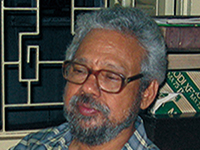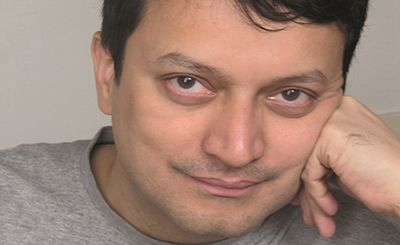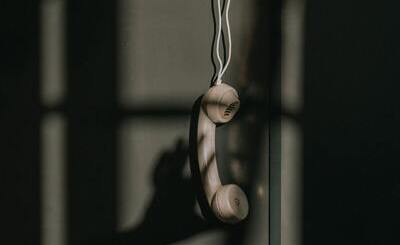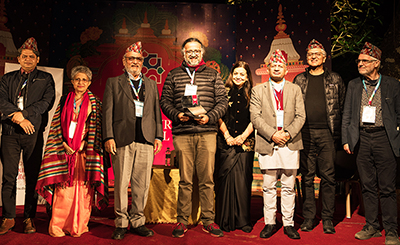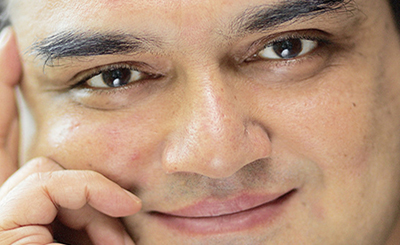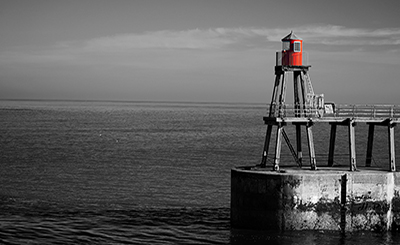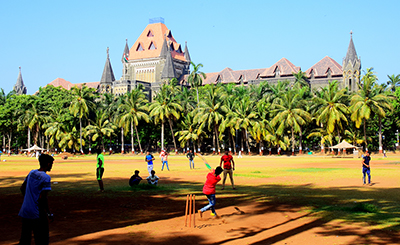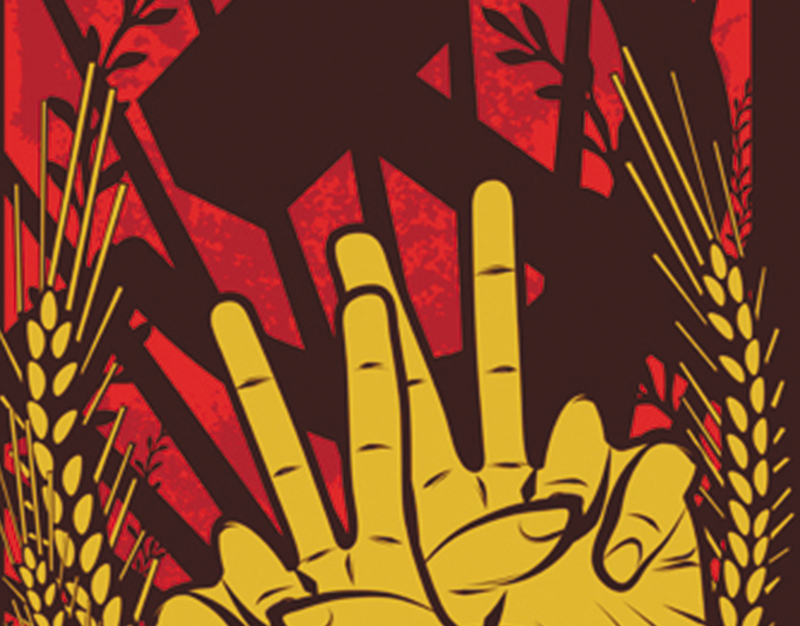
ONE
Suddenly this morning, at exactly nine-thirty, Subhendu, like a fool, got shot on the kerb at the crossing. After being shot he gazed vacantly in all directions and saw no one anywhere. Only the wayward bullet from the pipe-gun that had lodged itself inside his chest. As he tried to fix the long lead-pipe with his hands, he thought, This was not supposed to happen. For some reason he couldn’t fix it. Raising his arm towards a young woman walking briskly along the pavement ahead, he called out: ‘Excuse me, I’ve been shot.’ The woman looked exasperated and stopped. ‘What the hell is wrong with you lot — can’t you see I’m going for love?’As she spoke she stared fixedly at Subhendu’s eyes and — who knows what she saw — paused for a moment. ‘All right, come along.’ It was office time. People were moving very fast all around Subhendu. The wind blew on his face. The young woman lifted his bullet-pierced body to her chest, and like an expert mother, without any sign of weariness, crossed the road and put him down beside the lake, where the decapitated statue of a tonsured pandit stood. Just a few days ago, someone had broken the head of the statue in the darkness of the night. Blood gushed out from the hole in Subhendu’s chest and wet the base of the headless statue. Subhendu was about to sink into terror. He saw rain descend, illuminating his surroundings. The rain poured down and in it his wounded self, the young woman, the waters of the lake and the beheaded statue in dhuti-chadar and Taltala-slippers — everything got wet. It got flooded quickly. The pavement was flooded, so was the road and every nook and corner between the buildings. Securing her clothes around herself, the young woman just about managed to salvage her modesty. The wind blew, a cold wind. Subhendu shivered and forgot about his bullet-ridden chest as the floodwater rose all around him. In front of his eyes the statue of the headless pandit was starting to go under. He made to scream to warn the girl, but she was busy protecting her life and dignity from the lashing rain. She didn’t hear him. He lay there, bullet-pierced. After a while he saw the headless statue getting submerged in the water. It all happened so quickly and so easily. Subhendu’s mental anguish was so terrible it made him want to cry. He saw a boy, naked, float a paper boat on the water. Pushed on by the wind, the boat floated over the headless statue. It seemed no one knew, except Subhendu, that the tonsured pandit’s headless statue was submerged in the floodwater and that the paper boat set down by the little boy had just floated over it. The girl was still managing her clothes. The whole of Calcutta got soaked in the rain.
TWO
After a while, Subhendu found himself on a stretcher in front of the emergency block of a hospital, being carried inside. A crowd had gathered on the lawn to see him. The stretcher was taken into a lift and he was brought to the first floor. When he was taken off the stretcher and laid on a bed, he reckoned he was going to be operated upon and prepared himself accordingly. He wanted to turn his neck this way and that to see if there was anyone nearby. But as soon as he moved his head a little, a nurse appeared and scolded him, ‘What are you doing — you mustn’t move, just lie still!’ Subhendu was not used to being scolded. For a moment he thought of protesting in some fashion but for some reason he did not say anything. All he wanted was to know whether the girl from this morning was anywhere nearby. But he couldn’t turn his head. Subhendu lay silently. As he lay he thought. They were doing all this only for his well-being. If these people did dig out the bullet that got lodged in a corner on the left side of his chest this morning at half-past nine, that was undoubtedly good for him. He patted his chest and could hear the bullet rattling inside. He placed his left hand over the spot. That would be convenient, he could show it for the operation. The light in front of his eyes kept getting brighter. It dazzled and then exploded right under his nose. For a long time a fly buzzed within that bright light. All around he could hear the shuffle of people moving about. The clinking of knives and scissors. A gloved hand appeared at his chest. A body covered in white cloth bent towards him. Subhendu lay still, as if under a spell. The place was enveloped in white light. He thought it must be like that even inside his chest. Within the whiteness a dot-like black fly buzzed and hovered, buzz-buzz. Why was there a black fly here in this white light? Subhendu tried to think about that. But he didn’t get much of an opportunity to think. He saw a headless person clad in dhuti-chadar, his hands in gloves, about to cut open his chest with a surgical knife. Subhendu began to think that he knew this headless trunk but couldn’t recall exactly where he had seen him. The person wore an ordinary white khaddar dhuti that ended at his knees, and a chadar wrapped around his bare chest. The Taltala-slippers on his feet looked extremely familiar. But there was no head. It wasn’t easy to recognise a man without a head. He began to think about where he had seen him before, and how. The man did not hesitate. He extended his gloved hand towards Subhendu.‘Where’s your bullet hole, Subhendu Mohan?’ At first Subhendu was assailed by doubt, and then, lifting his hand, he showed him the left side of his chest. The man examined the spot with his hand, knocking at it with his finger a couple of times, then he said in a grave voice: ‘Very bad place — I hope we don’t have to cut out and remove the heart itself.’ At the mention of the word ‘heart’, Subhendu’s chest shuddered. He wondered what would remain once that was gone. His face turned pale. ‘Can’t you retain it and do something?’ In response, the man smiled.‘Why do you worry so much, young man!’ He knocked the wrong end of the knife on his chest. Subhendu saw that there was nothing to be gained from objecting now. With no option left, he lay with his limbs sprawled, and right in front of his eyes, the dhuti-chadar clad, short, headless trunk pulled out his heart, including the lodged bullet, and dangled it above the tip of his nose. Subhendu lay as if under a spell. He was so scared he could hardly breathe. Could a man survive once his heart was removed? As he thought about this he was astonished: he certainly was alive, wasn’t he? It was above his nose that the heart dangled, this blackish-red lump of flesh. Subhendu had to concede that the man was indeed heroic.
Page
Donate Now
More from The Byword
Comments
*Comments will be moderated



